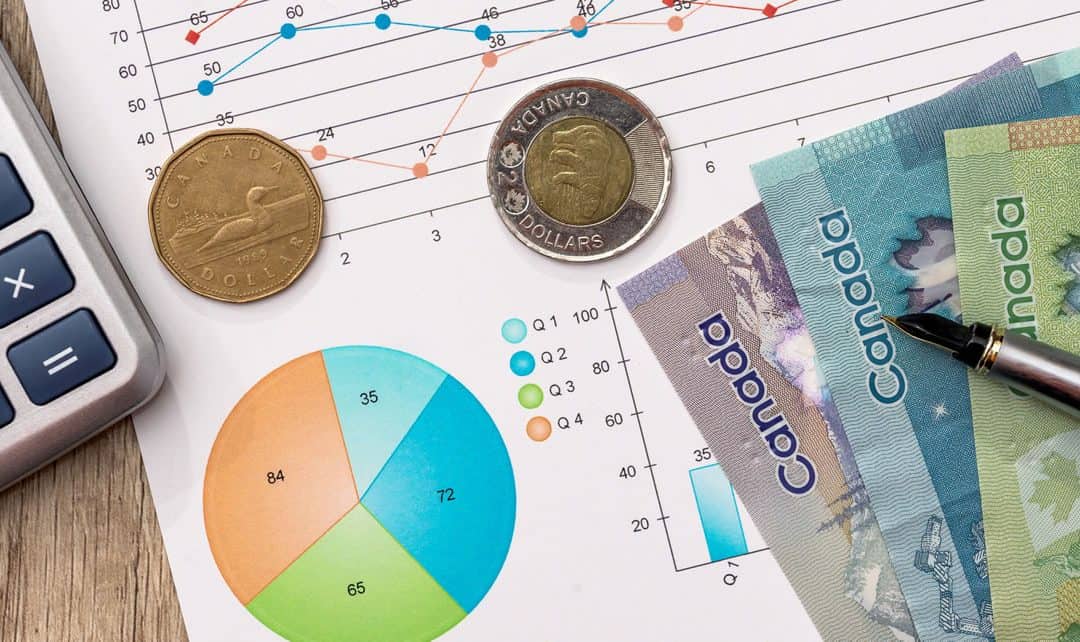There is a reason why taxes are not popular – they make things costlier for the buyer.
But no nation can run without taxes. They are the bedrock of any economy – the government that levies them undertakes infrastructure development, maintenance of law and so on. Now that we are recovering from the pandemic shock that brought cities and factories to a screeching halt, it might be the opportune time to reflect on taxes, especially land transfer taxes, considering the frenzy in the housing market over the past year and a half.
Imposed by provincial governments and the City of Toronto, property transfer tax kicks in every time the property changes hands. The levy increases the closing price of any house, with the burden falling on the buyer.
In B.C., the tax is one per cent of the fair market value up to a purchase price of $200,000. For properties between $200,000 and $2 million, it’s two per cent. This bracket is significant, considering the average house price in Canada today sits at over $700,000. High-end properties valued at over $2 million are assessed a three per cent land transfer tax in B.C.
In Ontario, tax rates are different, but on the bracket that matters the most – where purchase price is between $400,000 and $2 million – the levy is two per cent. Toronto also has its own municipal land transfer tax, doubling the levy for buyers who buy in the city.
In the U.K., the levy is referred to as stamp duty. Three months into the pandemic, the U.K. cut stamp duty, anticipating a subdued housing market. For the first £500,000 (equivalent to nearly $840,000) of the purchase price, the transaction did not attract any levy. This arrangement lasted until March 2021. It resulted in a saving of up to £15,000. After a reduced rebate that lasted until September, the U.K. is back to the pre-COVID tax structure. A purchase price between £125,001 and £250,000 attracts a two-per-cent levy.
In the U.S., things are a little different. According to the National Association of Realtors (NAR), 13 U.S. states do not levy a property transfer tax, including Indiana, Mississippi and Texas. In California, a “documentary transfer tax” is imposed.
Taxes pinch even more when inflation seeps in. Land transfer taxes are an ad valorem levy –
as the value of the asset rises, the tax part automatically rises too.
The latest numbers on the housing market of Canada are out, and the average price has again breached the $700,000 mark. CREA notes a whopping 18 per cent rise in average prices over last month. High prices haven’t dampened the spirit of buyers, as sales volume is up over eight per cent on a monthly basis. These figures are a reversal from the past few months after March when the market was showing at least some signs of stagnation.
Despite all the headlines in commentaries and opinion pieces about the crash of the “housing bubble,” not to forget that Wikipedia even has a page dedicated to the “Canadian property bubble”, the situation is a far cry from the prophecies. CREA notes that 2021 was the busiest year ever in the housing market. It is easy to understand that with rising prices, the ad valorem land transfer duty is hurting more.
It cannot be squarely said that the transfer levy hits vulnerable families. Canada has in place a system that allows rebates to first-time buyers. In Ontario, for example, a purchase price of up to $368,000 attracts no transfer tax when the purchaser is a first-time buyer. In the event of a price over $368,000, there is a cap of $4,000 on the tax refund for first-time buyers.
Assuming that the land transfer tax in Canada is hurting sales may not be completely accurate.
In the U.K., many analysts consider the cut in stamp duty as one factor that fueled the housing frenzy. As of now, the average price in the U.K. market has increased by over £30,000 since the onset of the pandemic. In Canada, there is a consensus that low mortgage rates and government stimulus cash helped cause skyrocketing demand and resulting high prices.
But it is also important to consider the impact of land transfer taxes on the purchaser. The closing price is a lot more that doesn’t even make it to stats. Two per cent of $700,000 is a whopping $14,000.
Though it is understandable that the government cannot do away with land transfer taxes, at least a review of Canada’s taxes and related aspects like first-time buyer rebates may be needed. As CREA notes, 2021 is the busiest year in history for real estate transactions, so it may be time to review every penny that adds to the final cost.
For now, there is no correction, let alone a crash, and the high price of houses, coupled with inflation on basic necessities, is hurting families.
Kunal Sawhney is the founder and CEO of Kalkine. An accomplished financial professional, he has extensive expertise in equity markets and adopts quantitative and qualitative stock selection practices.
















